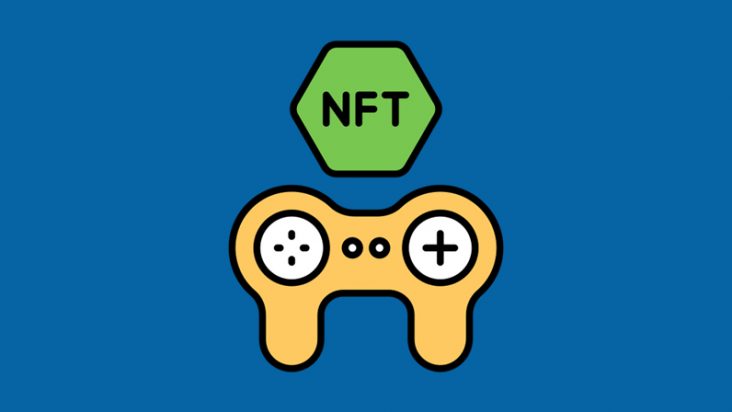
Capcom Co., Ltd., established in 1979, has evolved into a global leader in the video game industry, renowned for iconic franchises such as Resident Evil, Devil May Cry, Mega Man, Street Fighter, Monster Hunter, Dead Rising, and Dragon’s Dogma. With its headquarters in Osaka, Japan, Capcom operates internationally, including in the U.S., U.K., Germany, France, Hong Kong, Taiwan, Singapore, and Tokyo.

Financial Performance Analysis
In the second quarter of fiscal year 2024 (Q2 FY24), Capcom reported net sales of ¥26,805 million, marking a 9.43% decline from ¥29,597 million in Q1 FY24 and a 13.74% decrease from ¥31,076 million in Q2 FY23. Operating income stood at ¥7,837 million, a 39.20% drop from ¥12,889 million in Q1 FY24 and a 19.93% reduction from ¥9,788 million in Q2 FY23. Net income was ¥5,300 million, reflecting a 46.87% decrease from ¥9,975 million in Q1 FY24 and a 25.60% decline from ¥7,124 million in Q2 FY23.
The Digital Contents segment, contributing 68.49% to total net sales, generated ¥18,359 million, a 14.27% decrease from Q1 FY24 and a 21.54% drop from Q2 FY23. Conversely, the Arcade Operations segment saw a 25.97% increase from Q1 FY24 and a 21.28% rise from Q2 FY23, with net sales of ¥6,127 million. The Amusement Equipment division experienced a significant decline, with net sales of ¥956 million, down 56.94% from Q1 FY24 and 43.76% from Q2 FY23. The Other Business segment reported net sales of ¥1,362 million, increasing by 24.16% from Q1 FY24 and 47.56% from Q2 FY23.
Total assets grew by 2.07% to ¥245,782 million compared to Q1 FY24 and by 8.42% from Q2 FY23. Total liabilities increased by 11.12% to ¥46,874 million from Q1 FY24 and by 5.76% from Q2 FY23. Total equity rose by 0.15% to ¥198,907 million from Q1 FY24 and by 9.07% from Q2 FY23.
Strategic Initiatives and Market Highlights

- Acquisitions and Collaborations:
- Capcom acquired a two-thirds stake in Taiwanese Minimum Studios Co., Ltd., a strategic move to bolster animation capabilities and enrich its flagship game development pipeline. This acquisition aligns with Capcom’s goal of enhancing the cinematic quality of its games.
- Awards and Recognition:
- Capcom’s titles, including Monster Hunter Wilds, Street Fighter 6, and Dragon’s Dogma 2, won accolades at the Japan Game Awards 2024 and Gamescom Awards, reinforcing the company’s reputation for producing high-quality games.
- Milestones in the Monster Hunter Series:
- With cumulative sales surpassing 100 million units worldwide, the Monster Hunter franchise continues to be a cornerstone of Capcom’s revenue stream and a cultural phenomenon.
Human Resources and Information Security
Capcom’s human resources strategy focuses on cultivating a diverse and skilled workforce, essential for sustaining its competitive edge. The company has implemented a range of initiatives to enhance employee engagement, including flexible work arrangements, continuous professional development programs, and regular salary reviews. By fostering a culture of innovation and inclusivity, Capcom not only attracts top talent but also reduces turnover, which is crucial in the fast-paced gaming industry.
On the information security front, Capcom is proactively addressing the growing threat of cyberattacks. The establishment of a dedicated Security Control Committee ensures that the company stays ahead of regulatory requirements and best practices. Capcom’s approach includes regular system audits, employee training programs on cybersecurity, and collaboration with external experts to fortify its defenses. These measures are critical not only for safeguarding its intellectual property but also for maintaining player trust, a cornerstone of its global brand reputation.
Sustainability Initiatives
Capcom’s sustainability efforts reflect a holistic approach to environmental and social responsibility. By shifting towards digital sales, the company significantly reduces its carbon footprint and material usage, aligning with global trends in digital transformation. In its manufacturing operations, Capcom is committed to recycling and energy efficiency, with plans to increase the use of renewable energy sources across all facilities.
Socially, Capcom prioritizes initiatives that support youth development. Through donations and community programs, the company contributes to the education and well-being of future generations. Additionally, Capcom is exploring innovative ways to integrate sustainability into its game design, such as promoting themes of environmental stewardship in its storytelling. These initiatives not only enhance Capcom’s corporate image but also align with the growing consumer demand for socially responsible businesses.
Outlook for Capcom
Capcom’s robust IP portfolio, coupled with strategic acquisitions and an expanding footprint in e-sports and animation, positions it for long-term growth. However, sustaining momentum will require innovation in gameplay, strategic release scheduling, and deeper engagement with emerging gaming trends, such as virtual reality and cloud gaming.
As Capcom approaches its fiscal year-end, maintaining its dominance will depend on successfully executing its diversification strategy while addressing core segment weaknesses. Despite the challenges, the company’s legacy and strategic foresight ensure its resilience in the dynamic gaming industry.








